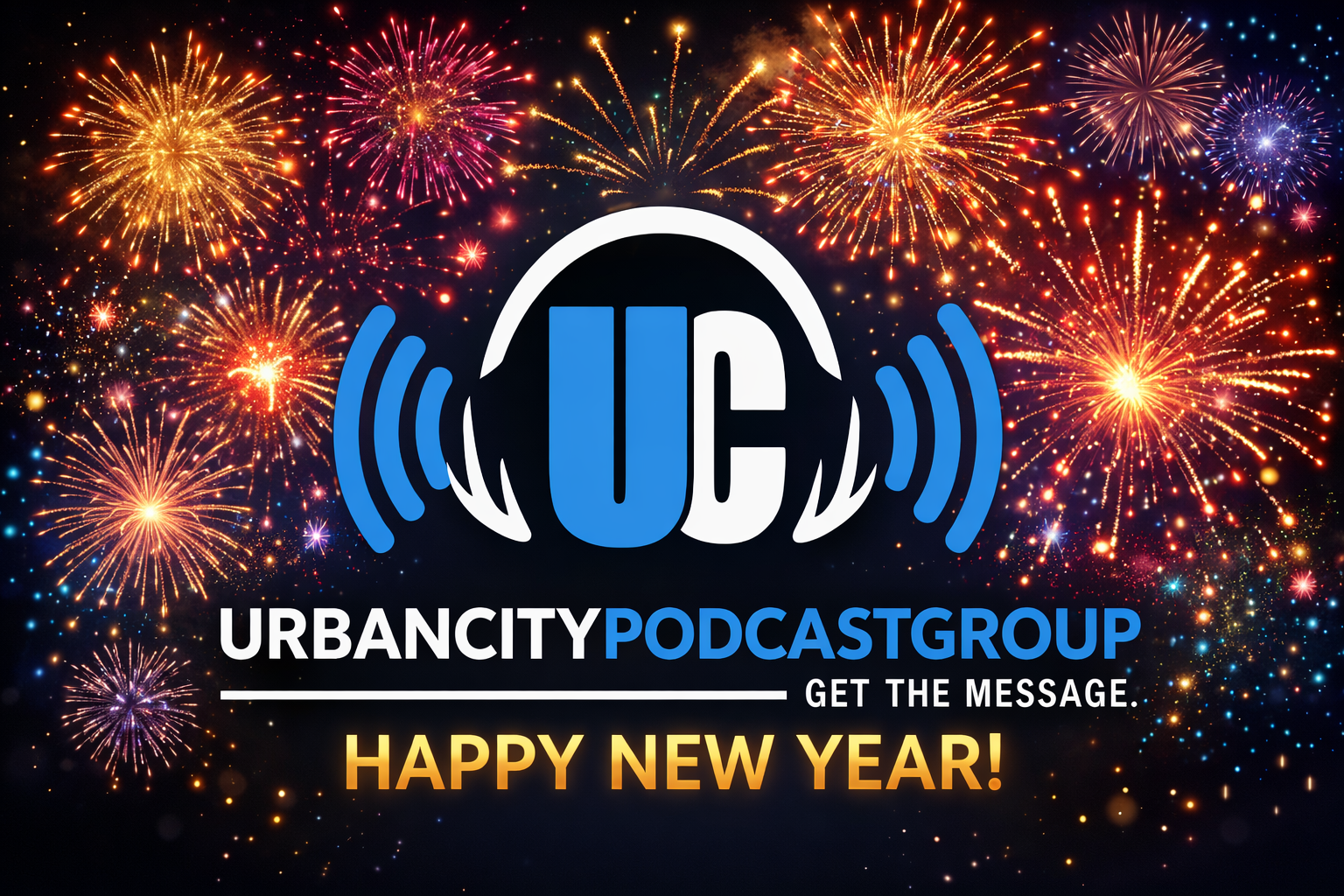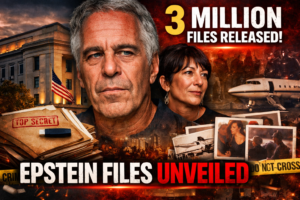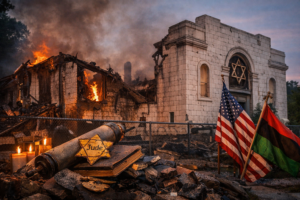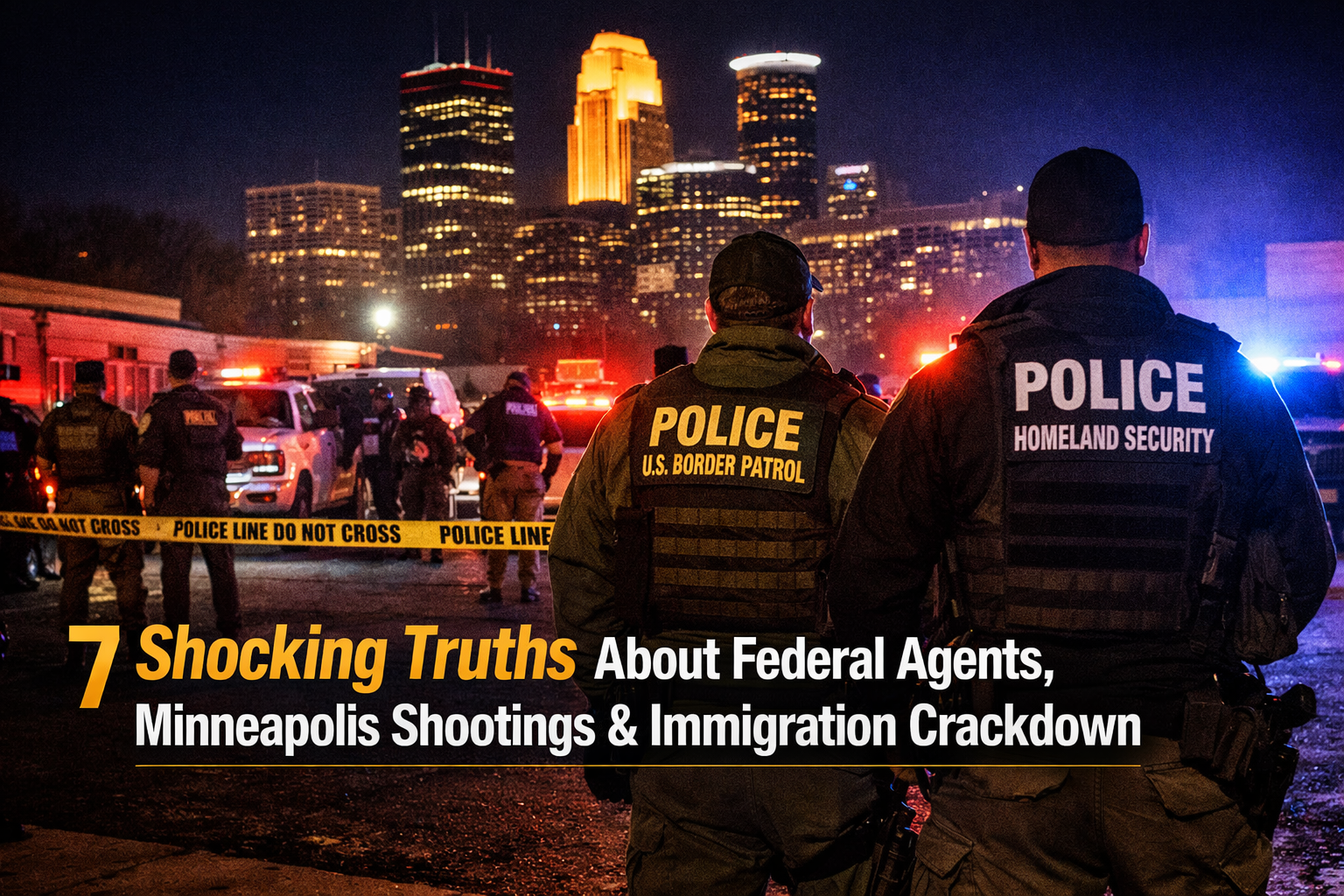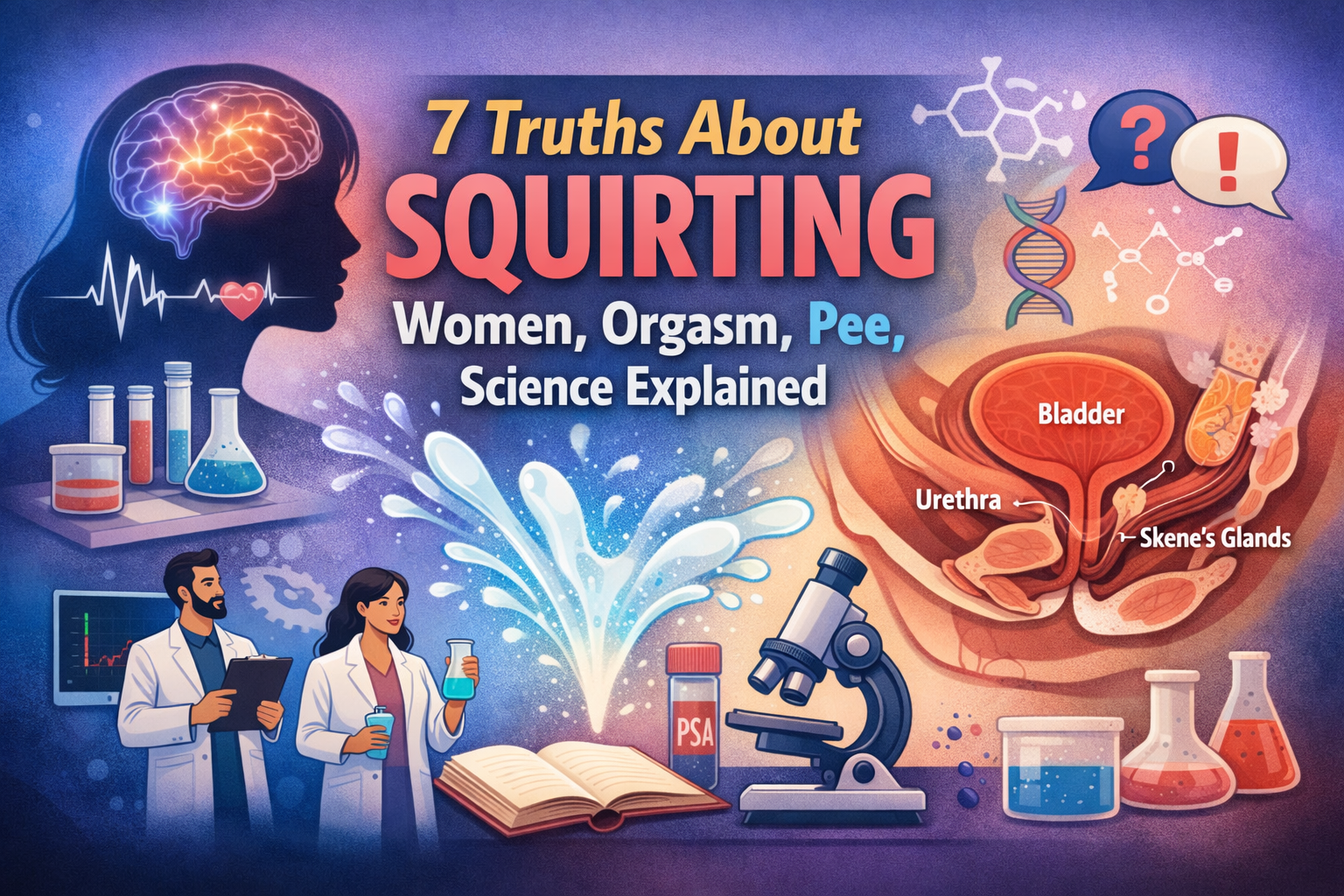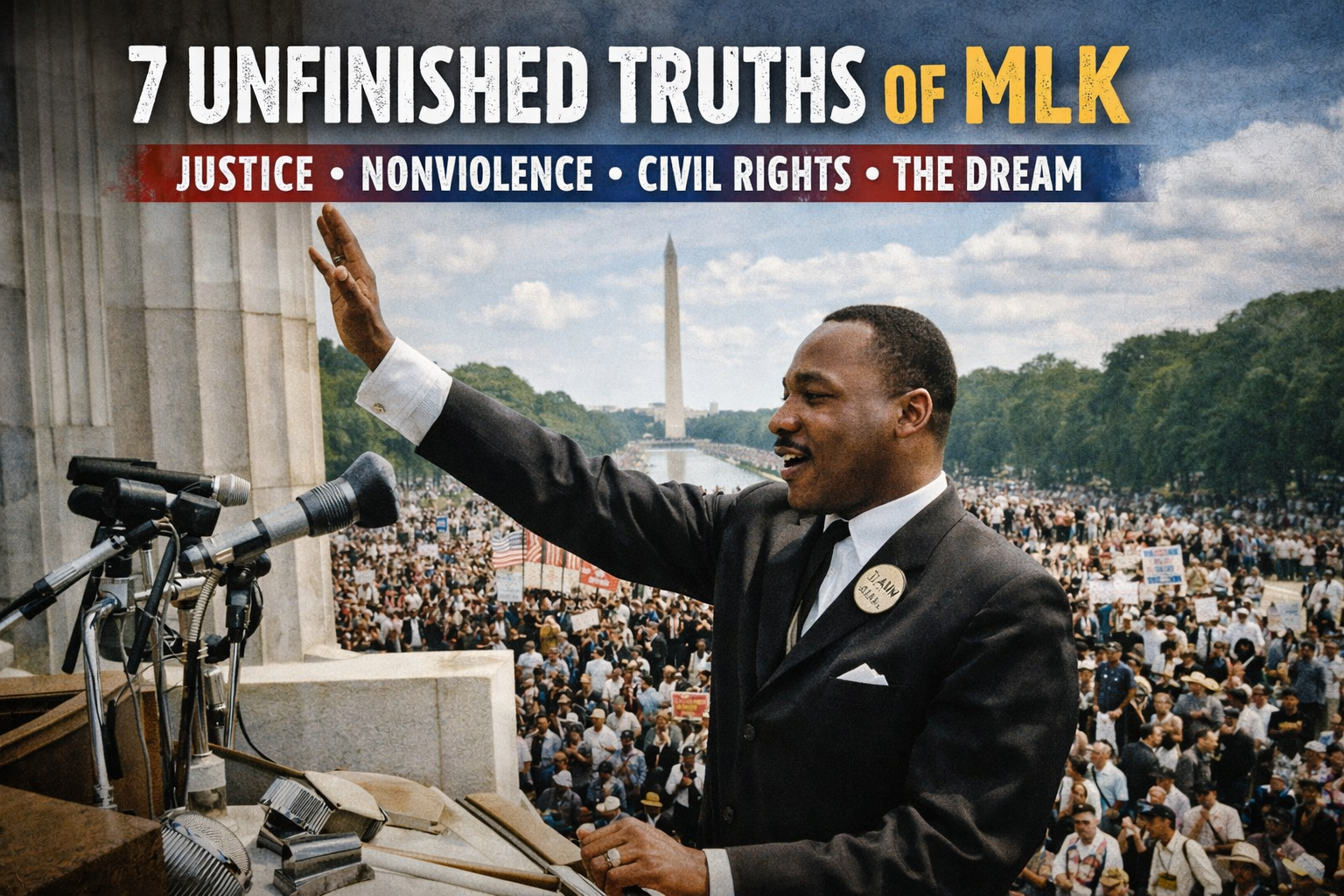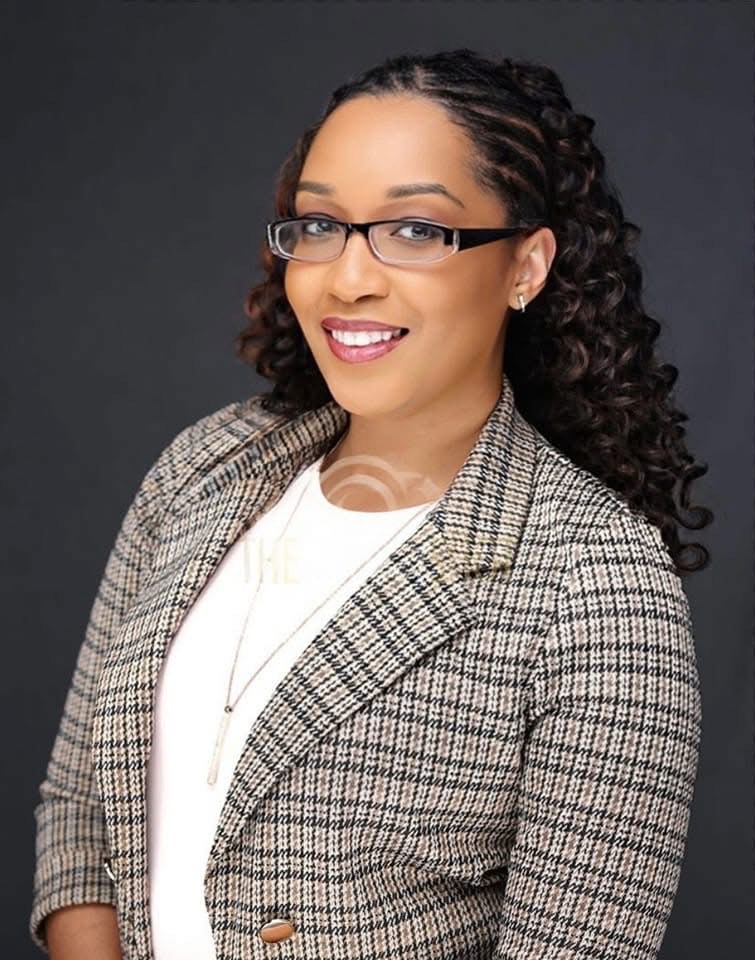Major Takeaways:
The death of Demartravion “Trey” Reed has shaken Delta State University, leading to campus closures and widespread grief.
Investigators say no foul play is currently suspected, though questions remain unanswered.
The incident has reignited conversations about race, mental health, and institutional trust in Mississippi and beyond
Tragedy at Delta State: The Death of Trey Reed
A somber mood has fallen over Delta State University in Cleveland, Mississippi, after the body of 21-year-old Demartravion “Trey” Reed was found hanging from a tree on campus Monday morning. The discovery has shocked students, staff, and communities near and far—and raised urgent questions about what really happened.
What We Know So Far
When and where: University police were notified at about 7:05 AM that a Black male’s body was seen hanging from a tree near the pickleball courts in the central part of the Delta State campus.
Who: The deceased is identified as Demartravion “Trey” Reed, a 21-year-old student from Grenada, Mississippi.
Immediate institutional response: Classes and all university activities were canceled for the day, including centennial events that were planned. Delta State University President Dan Ennis expressed heartbreak and offered condolences. Counseling and support services have been made available.
Investigation status: Authorities – including Delta State University police, Bolivar County Sheriff’s Office, Cleveland Police Department, and the Mississippi Bureau of Investigation – are involved. The Bolivar County Coroner has examined the body and reports seeing no broken arms or legs. As of the latest reports, no evidence of external physical trauma has been publicly confirmed.
What’s Unclear & What People Are Asking
This isn’t your average tragedy. Some details and public reaction underscore serious concerns:
Cause of death: Police say foul play is not currently suspected, leaning toward a possible suicide. But the coroner has not formally confirmed cause of death. Many want more transparency.
Allegations online: Social media is swirling with claims. Some say Trey showed signs of physical violence—broken limbs, bruises. His cousin (on TikTok) claimed a more sinister scenario, alleging injury before death. So far, local officials counter that there is no public evidence supporting those claims.
Historical context: Because Trey was Black, and because the imagery is horrifying (body on a tree), people are drawing connections to the racist history of lynching in the South. Even if authorities rule out foul play, the very form this tragedy took triggers pain, fear, and suspicion.
What This Means: Beyond One Campus
Let’s talk about implications. Because this story isn’t just about Delta State. It’s about how we handle trauma, race, institutions, and trust.
Campus safety & trust: When something like this happens, students need more than statements. They need honest communication, rapid updates, transparent investigations, and the assurance that their institution will protect—not gaslight—them.
Mental health: If suicide is the cause (still not confirmed), there’ll need to be serious reflection on what supports were or were not in place. Stress, isolation, discrimination college life already carries burden; this incident could spotlight existing gaps.
Race, symbolism, and red flags: The optics are brutal. A Black man found hanging from a tree carries historical, psychological weight for many people. Even without foul play, ignoring the symbolism or dismissing community concerns will breed mistrust. Institutions must engage rather than just deny.
Media & social media responsibility: Videos reportedly circulated; rumors and allegations spread fast. That squares with our digital age reality, but it also shows how quickly narratives can form with little evidence. Media outlets and individuals have responsibility: avoid sensationalism, verify before broadcasting, consider the emotional cost for family and community.
What to Watch For Moving Forward
Here are what I think are the key indicators we’ll need to monitor in the coming days:
Autopsy report: Time, cause, any indication of trauma, toxicology. That will shed a lot more light.
Findings from all investigating bodies: Not just DSU police, but independent/x-oversight (county, state). How thorough they are will matter.
Statement from Trey’s family: Their perspective, their accountability for silence or clarity. They’ll likely have more info that isn’t public.
Campus reaction: Vigils, forums, student activism. Are demands being made for structural changes (mental health, campus safety, racial climate)?
Policy review: What are DSU’s policies around mental health counseling, reporting of distress, campus environment for Black students? Will this event spur policy change?
Why Urban City Needs to Talk About It
This story touches our core: race, power, injustice. Urban folks live this history.
It’s not just Southern history—it’s ongoing. When something triggers the echoes of lynching, it forces us to ask: have things really changed?
Urban City audiences expect that we don’t let these stories slide. We need to tell the real, sometimes ugly truth, so communities know, and maybe pressure for change.
Final Word
Right now, Trey Reed is gone, and that’s heartbreaking in itself. But how the aftermath is handled will echo forward—how the university responds, how the community demands accountability, whether public trust is rebuilt or further eroded. Make sure this story doesn’t become another headline everybody forgets next week. The pain, the questions, the history—all deserve full light and respect.
If you want, I can send you a press-ready version, or a version focused on the racial history angle, or even pull in similar cases for comparison. Which route do you want?
